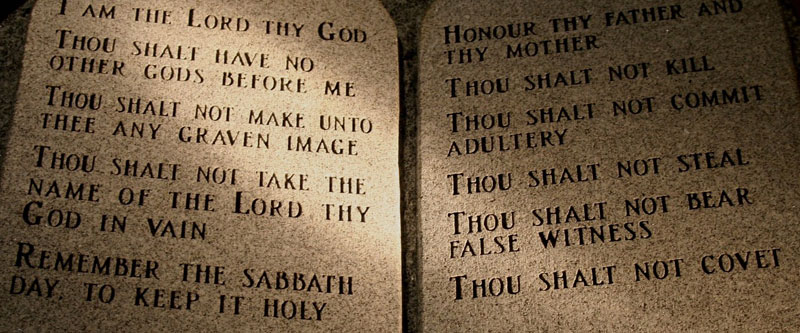“For I am not ashamed of the gospel, for it is the power of God for salvation to everyone who believes, to the Jew first and also to the Greek.” (Romans 1:16, ESV)
The central question Christianity answers is: “How does God reconcile man to himself after sin enters the world.” The passage above from Romans is one of many passages in Scripture that shows the centrality of salvation. Paul certainly thought the declaration of the salvation to men as central to his apostolic task. He describes this message of reconciliation as “the gospel.” It is a beautiful label meaning “good news” and good news it is.
There is nothing that could be better news for man destined for eternal judgment than that salvation has come to him. But what is all included in the gospel? To what part of Scripture would you turn to define the gospel? If you are one of those people who sits behind home plate at televised baseball games, you might suggest John 3:16: “For God so loved the world, that he gave his only Son, that whoever believes in him should not perish but have eternal life.” That is a beautiful verse, but it contains only part of the gospel. Therein is seen the danger of trying to make too brief a summary of the gospel. Summaries are prone to leave parts out. And when parts of the gospel are left out, the presentation becomes an incomplete picture at best, or a destructive error at worst.
I often travel south of Augusta as part of my responsibilities within the church. As I do so, there is a small church I pass. I am not sure what the name or denomination of the church is. I can never get past the banner they proudly display by the entrance of their property. This sign has been there for years, and boldly announces: “God is not mad at you no matter what.” That is exactly the kind of unbiblical theological nonsense that leads to the eternal destruction of many human souls and flows from an incomplete understanding of the gospel.
I’m sure this church is sincerely trying to declare the gospel, but their “gospel” message is truncated. They are putting forth a message that, instead of bringing salvation, will give a false sense of security leading to destruction. If God is not mad at me, no matter what, sin makes very little difference. However, Psalm 11:5 says, “The LORD tests the righteous, but his soul hates the wicked and the one who loves violence.” This verse must be held hand-in-hand with John 3:16 and shows the church’s banner for what it is: man’s idea. Psalm 11 is part of the gospel. That is because the gospel is not contained so much in a handful of verses lifted out of the Bible. Rather the entirety of the Bible contains this good news.
I understand the desire to boil the gospel down to a very short phrase. However, giving a faithful representation of God’s plan of redemption via summary is a difficult task. Jesus, when explaining the events around his own crucifixion and resurrection, did so not using one phrase or verse. Instead, “beginning with Moses and all the Prophets, he interpreted to them in all the Scriptures the things concerning himself.” (Luke 24:17). Christians have to include the whole breadth of Scripture when it comes to explaining the gospel. Otherwise the gospel will be presented in a truncated, inaccurate form.
So what is God’s plan of redemption? What does he do to bring salvation to men? Again, a simple verse will not suffice, but the same Paul who speaks of the gospel in Romans 1:16 says, “And those whom he predestined he also called, and those whom he called he also justified, and those whom he justified he also glorified” a few chapters later (Romans 8:30). The picture of what happens in redemption according to this verse includes predestination, calling, justification, and glorification.
All of these, and other parts described in other places of Scripture, work together to give a complete picture of redemption. These heighten the sense of good news. So I want to take some time to consider the different parts of the gospel over the next few weeks, in the hope of presenting a faithful gospel message to the praise of God.




